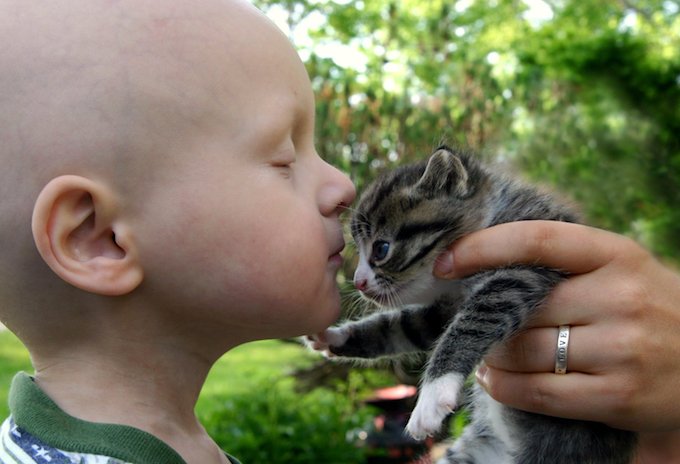Do you ever look over at your serene feline and think that her mere presence inspires a feeling of calm and general wellbeing? Well, you might want to consider whether your cat could step up and become a fully-fledged therapy cat.
Once certified, therapy cats help people deal with anxiety and depression issues by showing up for visits, often focussing on interacting with the…









